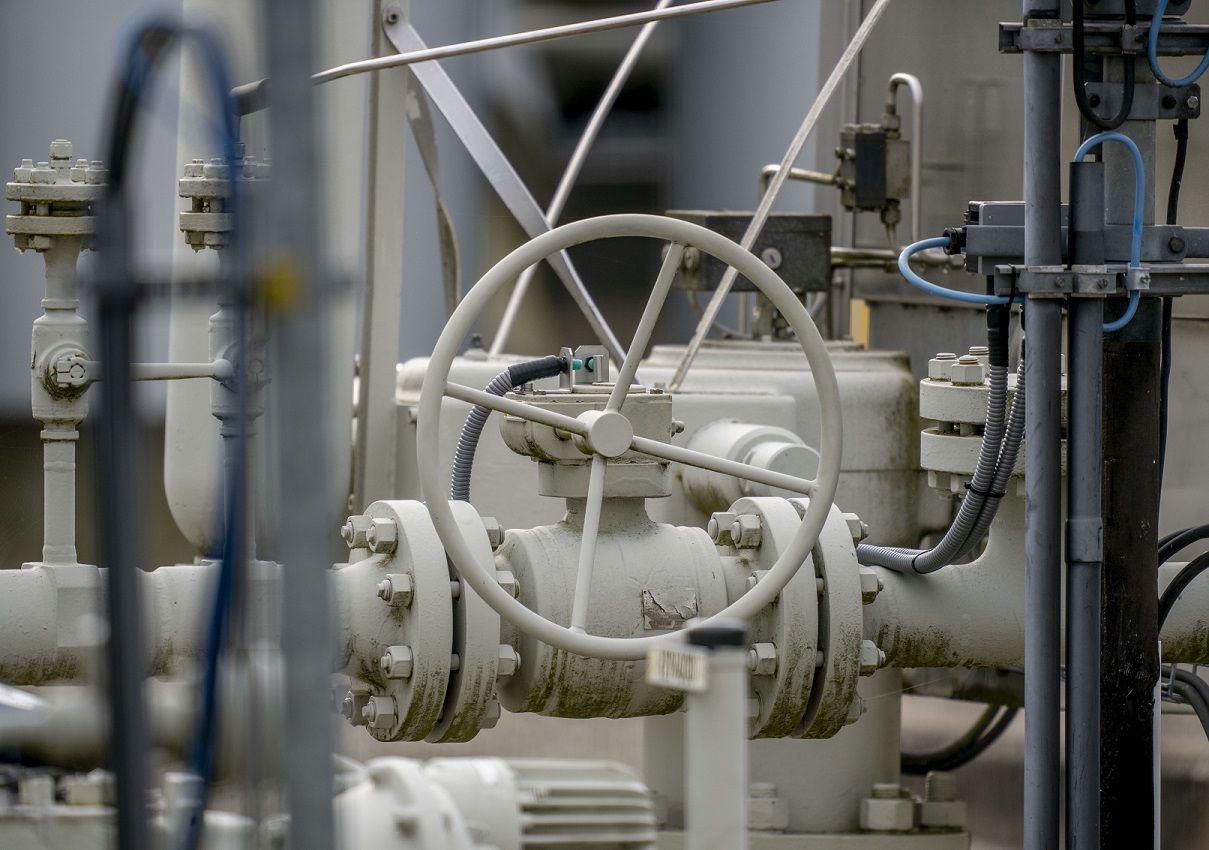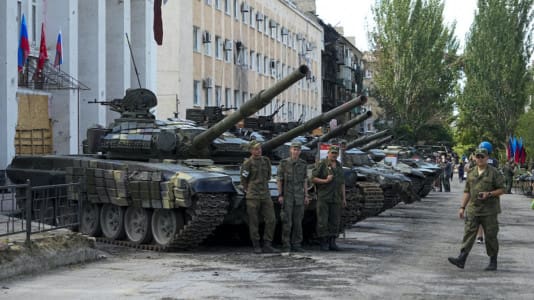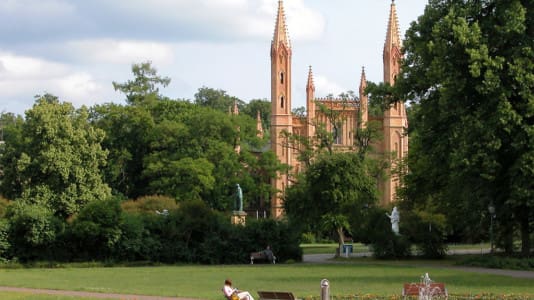Czechia is progressing in its efforts to secure gas supplies from sources other than Russia. The country has already leased part of a floating liquefied natural gas (LNG) terminal in the Netherlands through the energy company ČEZ, which receives LNG imported by sea. Now, with the infrastructure now in place, the Czech Republic must ensure it can secure the gas itself.
From autumn, ČEZ will be able to use the capacity corresponding to roughly a third of Czechia’s annual natural gas consumption through the terminal moored near the port of Eemshaven.
“Together, we have also secured new transport capacities for the state through which we will deliver gas to the Czech Republic,” said Czechia’s Minister of Industry Jozef Síkela at a joint press conference with the head of ČEZ, Daniel Beneš.
But now, the country must acquire something even more important — the LNG itself that the terminal will receive. Negotiations are already underway, for example, with Qatar, a major global producer of LNG. It is not yet known how far the talks have progressed. Síkela wants Czechia to have gas available in mid-September when the terminal near the Dutch shores will start operating.
Obtaining a gas transport route from the Netherlands through Germany and also a receiving terminal should, nevertheless, move the negotiations on purchasing the commodity itself a little further.
The situation is escalating
Although Czechia buys gas from Western traders, the vast majority of it comes from Russia. At the same time, fears are growing across Europe that the Russians will close the gas taps for good.
Since June, 60 percent less Russian gas than usual has been flowing into Europe through the main Nord Stream 1 gas pipeline. In addition, contrary to custom, the Russians did not send the gas via an alternate route through Ukraine, where the gas pipeline is still in operation despite the ongoing war.
The situation began to escalate around July 11 when the planned shutdown of Nord Stream 1 began. The shutdown — allegedly due to maintenance according to Gazprom — is supposed to last until this Friday, but there is a risk of delays. The Russians argue that there is a problem with the turbine, which was under repair in Canada before the shutdown started. According to Gazprom, that is why Nord Stream 1 could not run at full capacity. According to the statement of German Minister for Economy and Climate Protection Robert Habeck, technical experts describe this claim as nonsense.
Several days before the shutdown, Ottawa refused to release the turbine due to the validity of anti-Russian sanctions, which prohibit the supply of key energy technologies to Russia. At the insistence of Germany, Canada eventually agreed to send the turbine. The goal was to give the Kremlin no excuse for any unplanned prolongation of the gas pipeline shutdown.
On Sunday, the part was airlifted to Germany. From there, however, the next part of its journey to Russia could take until Sunday, and that will be two days after the repair of the Nord Stream 1 was scheduled to end.
Now, Gazprom has come up with another argument: It is sending out a letter to customers stating that it cannot guarantee contracted gas supplies due to force majeure. German companies Uniper and RWE, for example, received such a letter. Force majeure clauses are a standard part of business contracts and define extreme circumstances that release the contracting party from its legal obligations.
How long can Europe last?
Due to this, there are growing fears that Russia will not restore gas supplies via Nord Stream 1 any time soon. What can that mean for Czechia? Despite the pipeline shutting down, the country is still filling its reservoirs because, according to the industry minister, it obtains gas mainly from Norway or overseas LNG. Domestic gas reservoirs are currently more than 75 percent full, which, according to the Amper Meteo company, is a supply that will last the Czech Republic until mid-November or at most until the beginning of December. Thus, the country will not survive the entire heating season just by relying on storage tanks.
“It is almost certain that if it is not possible to buy enough gas on the European market, it will be necessary to partially limit consumption,” said Michal Kocůrek, managing consultant at the consulting company EGÚ Brno.
The European Commission will present specific plans for the energy solidarity system on Wednesday, and member states will discuss the matter on July 26. An extraordinary meeting of energy ministers was called for by Síkela because Czechia now chairs the EU Council.






